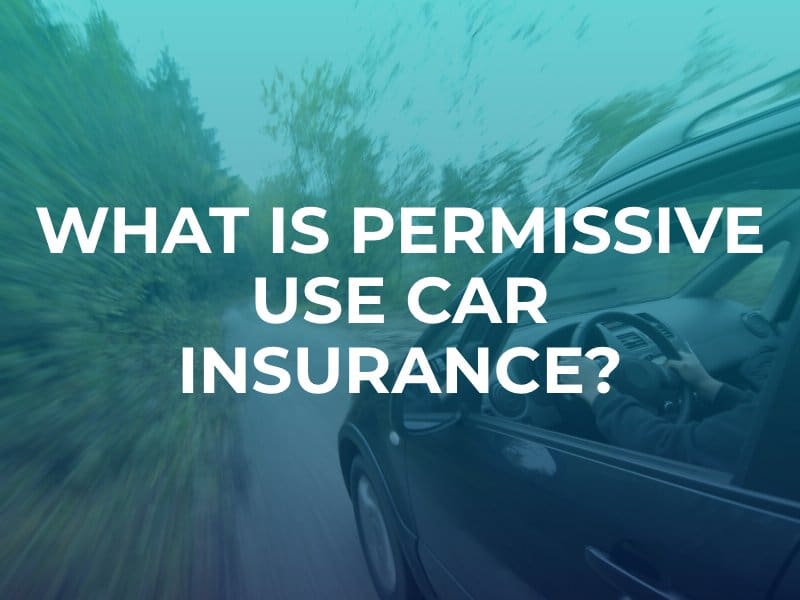What Is Permissive Use Car Insurance?
When you own a car, you know that you have to purchase insurance to remain legal on the roadway. Auto insurance protects you in the event you are involved in an accident. However, many people wonder who is insured to drive their vehicle.
- Are you allowed to let other people borrow your car?
- What happens if you loan your vehicle to somebody and they get into an accident?
The answer to these questions can be complicated. It is important to understand “permissive use” and how it applies to letting others drive your vehicle.

Who is covered under your insurance policy?
Anybody listed on your auto insurance policy will enjoy the full benefits of all coverage limits with no restrictions. However, most people do sometimes let people that are not listed on the policy borrow their vehicle. In general, these people will be covered as long as you have given them permission to use the vehicle (this is called “permissive use”).
All auto insurance carriers have some form of a “permissive use” policy in place. Any driver excluded under a person’s insurance policy will never be covered in the event an accident occurs. Those who use the vehicle without a reasonable belief that they are allowed to do so (in other words, theft) will also be excluded from policy coverage.
Permissive use policies can vary dramatically depending on what insurance company you use. Insurance carriers can reduce or restrict coverages through the application of permissive use policies.
What if there is a permissive user gets into an accident?
If a person borrows a car as a permissive user and they cause a car accident, then the vehicle owner’s liability insurance coverage will be primarily responsible for compensating victims involved. This will include both the property damage claims and personal injury claims.
If the vehicle owner’s insurance policy limits are insufficient to cover liability to the victims, it may be necessary to file a claim against the insurance of the permissive user, if they have auto insurance. If the permissive user does not have their own insurance policy, and the vehicle owner’s policy limits are insufficient, a person may be able to file a claim under their own uninsured or underinsured policy (if they carry such coverage).
If a driver is a permissive user and they are involved in an accident that was caused by the negligence of another driver, then the at-fault driver’s insurance carrier will likely be responsible for covering damages and injury costs.
Exemptions to permissive use
Even if a person’s insurance policy allows for permissive users, it may not cover any business uses of the vehicle (for your business uses or business uses of the permissive user). In many cases, insurance carriers require specific endorsements for business use on a personal policy. While this may not seem like a big deal if you do not use your car for business, what happens if someone you let borrow your vehicle is self-employed as a delivery driver and uses your vehicle to make a delivery? If they get into an accident, and your policy does not cover business uses, there may be no coverage.
Another major exemption to permissive use policies typically applies to loaning your vehicle to an unlicensed or inexperienced driver. If you do loan your vehicle to an unlicensed driver, it is likely that your insurance carrier will try to disclaim coverage in the event an accident occurs.